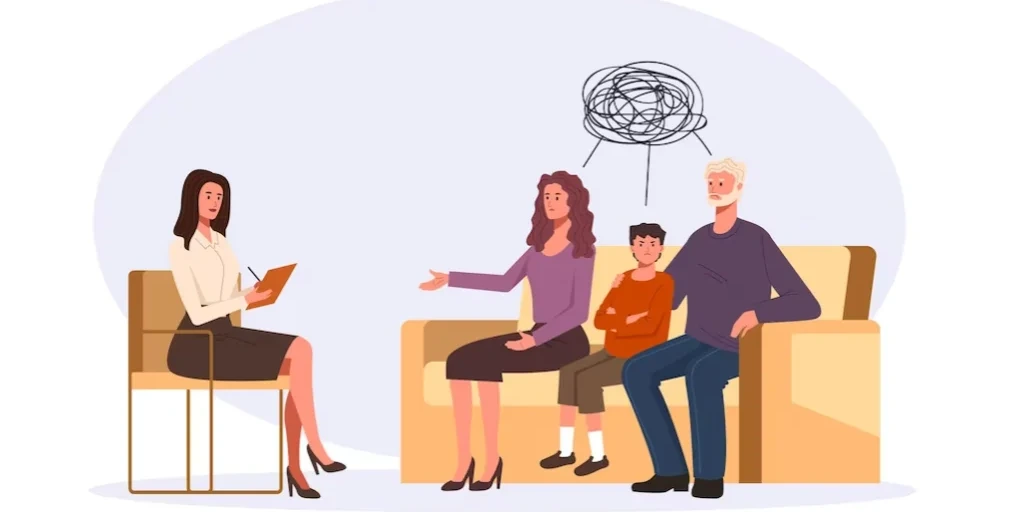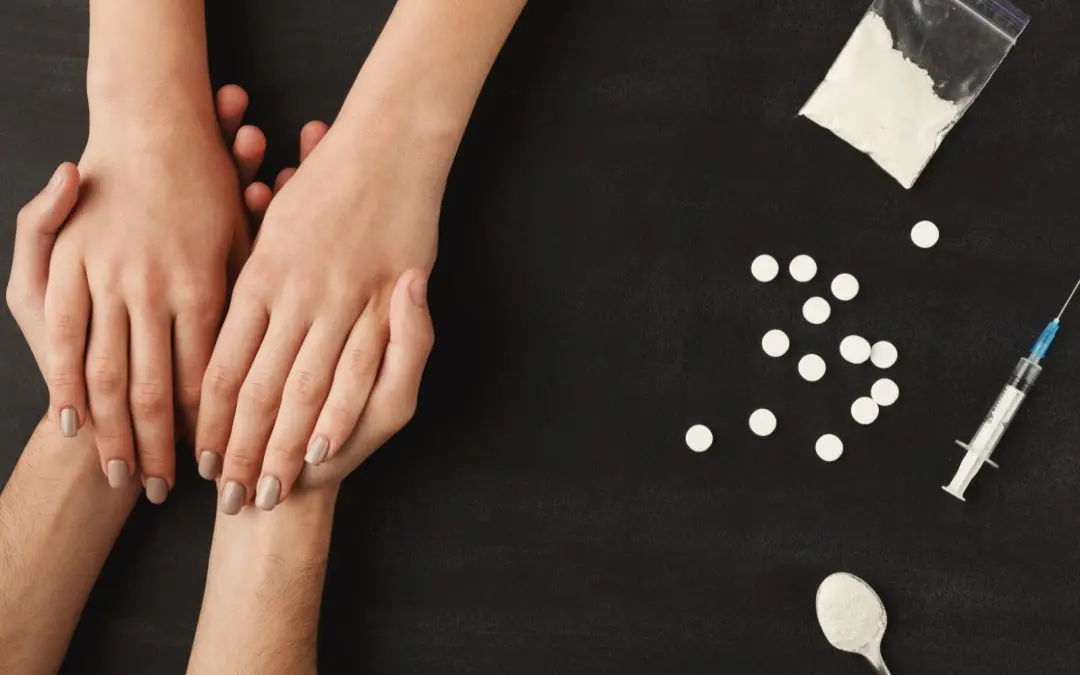24/7 Helpline:
(866) 899-221924/7 Helpline:
(866) 899-2219
Learn more about Dual Diagnosis Rehab centers in Dowagiac
Dual Diagnosis Rehab in Other Cities

Other Insurance Options

Optima

BlueShield

Group Health Incorporated

Anthem

Lucent

Covered California

MVP Healthcare

UnitedHealth Group

Optum

ComPsych

Private insurance

State Farm

BHS | Behavioral Health Systems

Meritain

Ceridian

Health Partners

Magellan

Access to Recovery (ATR) Voucher

Carleon

Evernorth






Woodlands Behavioral Healthcare Network
Woodlands Behavioral Healthcare Network works with individuals, families, and the community to inspi...





















































































